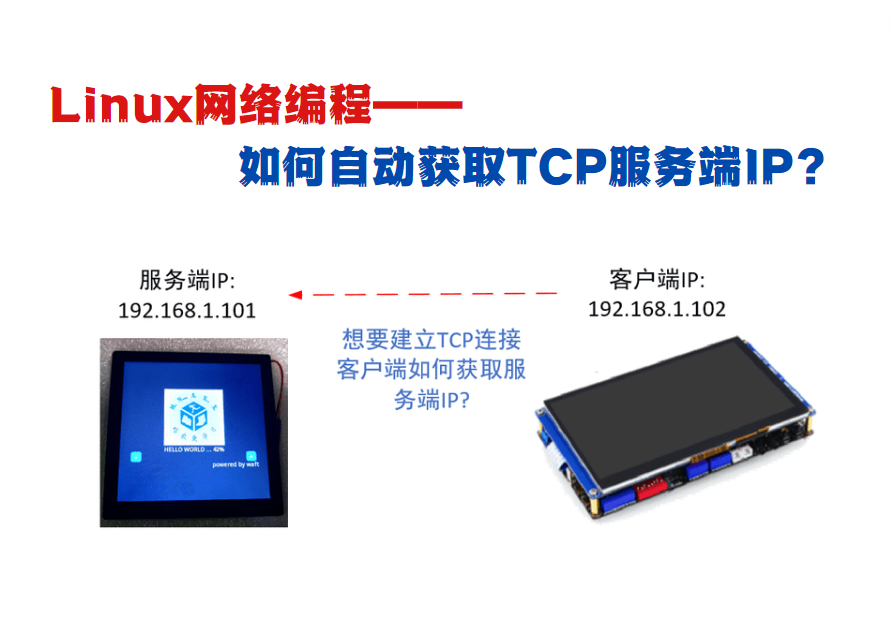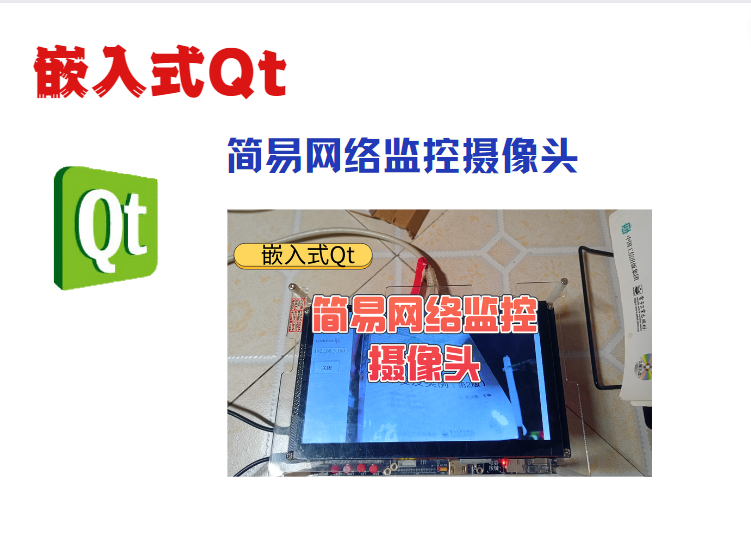管道(pipe)应用的一大局限是没有名字,只能用于具有亲缘关系进程之间的通信。而命名管道,也称FIFO,实质是一种文件类型,通过FIFO可以用于任何两个进程间的通信。
命名管道的创建
命令方式
在shell中可以使用mkfifo命令创建一个命名管道,格式为:
其中option选项用于选择创建FIFO的模式,使用形式为-m mode,mode为八进制模式,创建示例:
创建之后可以在当前文件间看到新建的文件。
函数方式
FIFO管道可通过mkfifo()函数创建,函数原型为:
1
2
3
| #include <sys/types.h>
#include <sys/stat.h>
int mkfifo(const char *pathname, mode_t mode);
|
创建成功返回0,出错返回1。函数第一个参数为普通的路径名,即创建后FIFO文件的名字,第二个参数与打开普通文件的open函数中的mode参数相同。
如果要创建的FIFO文件已经存在,则会返回EEXIST错误,因此在创建前应先检查是否创建成功,若文件已存在,只要调用打开FIFO的函数即可。
编程示例
创建一个命名管道,create_FIFO.c:
1
2
3
4
5
6
7
8
9
10
11
12
13
14
15
16
17
18
19
20
21
22
23
24
25
26
| #include <sys/types.h>
#include <sys/stat.h>
#include <errno.h>
#include <stdio.h>
#include <stdlib.h>
int main(int argc, char *argv[])
{
mode_t mode = 0666;
if(argc != 2)
{
printf("USEMSG:create_FIFO{FIFO name}\n");
exit(1);
}
if((mkfifo(argv[1], mode))<0)
{
perror("failed to mkfifo!\n");
exit(1);
}
else
{
printf("you successfully create a FIFO name is: %s\n", argv[1]);
}
return 0;
}
|
编译执行:
1
2
| $ ./create_FIFO testFIFO
you successfully create a FIFO name is: testFIFO
|
上述程序使用mkfifo函数创建了一个名为“testFIFO”的命名管道。
此时再次执行:
1
2
3
| C$ ./create_FIFO testFIFO
failed to mkfifo!
: File exists
|
由于要创建的FIFO已经存在,再次创建会提示创建失败。
命名管道的读写
一般的文件I/O函数均可用于FIFO操作,如open、close、read、write等,若要删除一个命名管道,则使用系统调用unlink。
编程示例
FIFO写入
向FIFO写入数据,write_fifo.c:
1
2
3
4
5
6
7
8
9
10
11
12
13
14
15
16
17
18
19
20
21
22
23
24
25
26
27
28
29
30
31
32
33
34
35
36
37
38
39
40
41
42
43
44
45
46
47
48
49
50
51
52
53
54
55
56
57
58
59
60
61
62
63
64
| #include <sys/types.h>
#include <sys/stat.h>
#include <errno.h>
#include <stdio.h>
#include <fcntl.h>
#include <unistd.h>
#include <stdlib.h>
#include <limits.h>
#include <time.h>
#define BUFES PIPE_BUF
int main(void)
{
int fd;
int n,i;
char buf[BUFES];
time_t tp;
char fifo_name[]="fifo1";
printf("My process ID: %d\n", getpid());
if(mkfifo(fifo_name, 0666) < 0)
{
printf("mkfifo failed, maybe there exist a same fifo file\n");
}
else
printf("mkfifo ok\n");
printf("...\n");
if((fd=open(fifo_name, O_WRONLY))<0)
{
printf("Open failed!\n");
exit(1);
}
else
printf("Open fifo ok!\n");
for(i=0;i<5;i++)
{
time(&tp);
n=sprintf(buf,"write_fifo %d seconds %s", getpid(), ctime(&tp));
printf("Send msg: %s", buf);
if((write(fd, buf, n+1)) < 0)
{
printf("Write failed!\n");
close(fd);
exit(1);
}
sleep(2);
}
close(fd);
unlink(fifo_name);
exit(0);
}
|
该程序首先创建一个名为fifo1的FIFO,如果已存在则直接调用open()函数打开,之后通过write()函数写入当前的时间内容到FIFO,最后使用close()函数关闭FIFO,并用unlink(函数删除FIFO。
FIFO读取
从FIFO读取数据 ,read_fifo.c:
1
2
3
4
5
6
7
8
9
10
11
12
13
14
15
16
17
18
19
20
21
22
23
24
25
26
27
28
29
30
31
32
33
34
| #include <sys/types.h>
#include <sys/stat.h>
#include <unistd.h>
#include <stdio.h>
#include <stdlib.h>
#include <limits.h>
#include <fcntl.h>
#include <unistd.h>
#define BUFES PIPE_BUF
int main(void)
{
int fd;
int len;
char buf[BUFES];
mode_t mode = 0666;
printf("My process ID:%d\n", getpid());
if((fd=open("fifo1", O_RDONLY))<0)
{
printf("Open failed!\n");
exit(1);
}
while((len=read(fd, buf, BUFES))>0)
printf("Read_fifo read:%s", buf);
close(fd);
exit(0);
}
|
该程序首先调用open()函数打开FIFO,之后通过read()函数循环读取FIFO的内容,每次读取PIPE_BUF个字节,最后使用close()函数关闭FIFO。
测试
分别编译上述两个程序。测试之前先使用mkfifo命令创建一个名为fifo1的命名管道:
然后打开两个shell窗口,依次运行write_fifo和read_fifo两个程序。
其中一个shell中运行写入程序:
1
2
3
4
5
6
7
8
9
10
11
| $ ./write_fifo
My process ID: 2278
mkfifo ok
...
Open fifo ok!
Send msg: write_fifo 2278 seconds Tue Nov 26 09:49:09 2019
Send msg: write_fifo 2278 seconds Tue Nov 26 09:49:11 2019
Send msg: write_fifo 2278 seconds Tue Nov 26 09:49:13 2019
Send msg: write_fifo 2278 seconds Tue Nov 26 09:49:15 2019
Send msg: write_fifo 2278 seconds Tue Nov 26 09:49:17 2019
|
另一个shell中运行读出程序:
1
2
3
4
5
6
7
8
| $ ./read_fifo
My process ID:2282
Read_fifo read:write_fifo 2278 seconds Tue Nov 26 09:49:09 2019
Read_fifo read:write_fifo 2278 seconds Tue Nov 26 09:49:11 2019
Read_fifo read:write_fifo 2278 seconds Tue Nov 26 09:49:13 2019
Read_fifo read:write_fifo 2278 seconds Tue Nov 26 09:49:15 2019
Read_fifo read:write_fifo 2278 seconds Tue Nov 26 09:49:17 2019
|
首先运行的write_fifo程序在执行到FIFO的open时会进入等待,直到read_fifo进程也执行的到open时,两进程间的FIFO通信开始。
参考:《精通Linux C编程》- 程国钢







